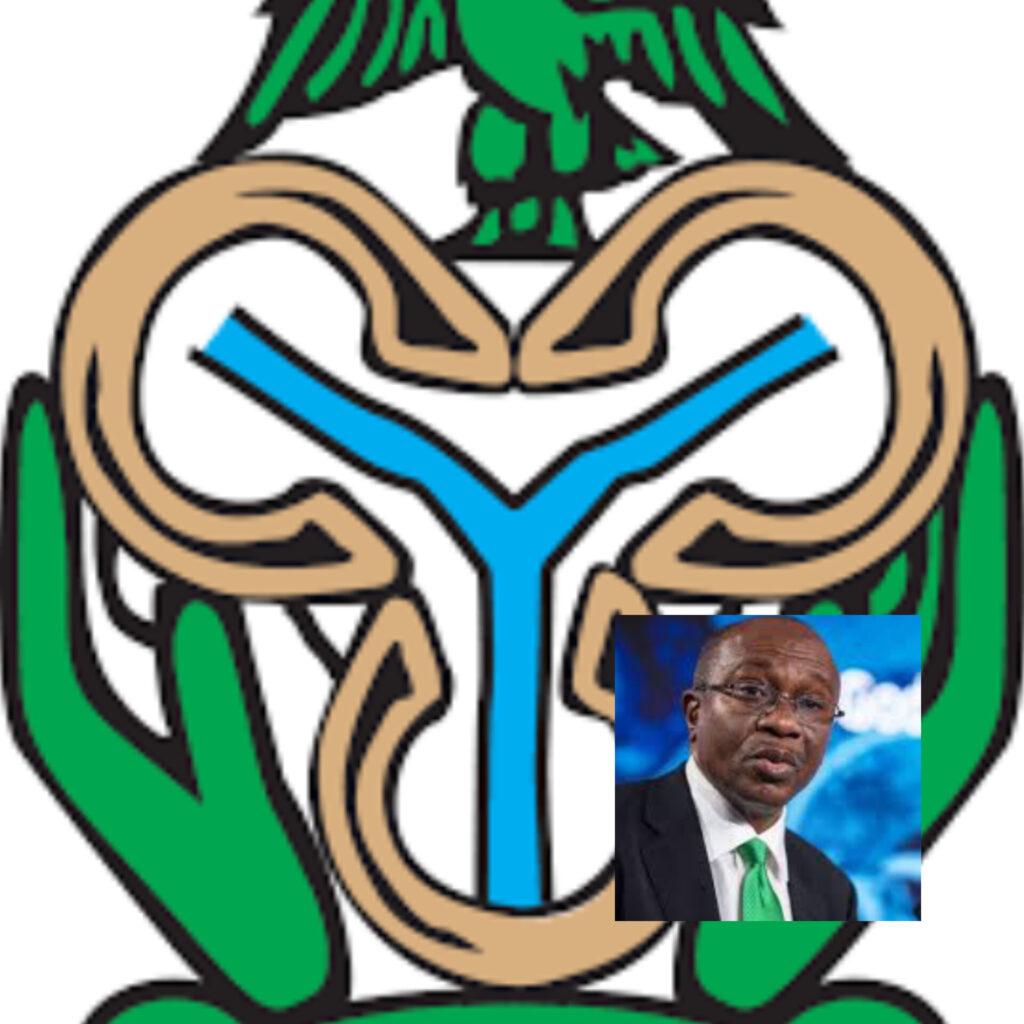
The former Governor of the Central Bank of Nigeria (CBN), Mr. Godwin Emefiele, has mounted a challenge against the jurisdiction of the Lagos high court regarding charges filed against him by the Economic and Financial Crimes Commission (EFCC).
Emefiele’s counsel, Olalekan Ojo SAN, strongly argued that the court lacked jurisdiction to try the ex-CBN boss, emphasizing that counts one to four, which relate to alleged abuse of office, were not recognized by law as required by the constitution.
Ojo urged the court to strike out counts one to four because the offences relating to abuse of office are unknown to law as required by section 36(12) of the 1999 constitution (as amended).
During the proceedings, prosecution witness who formerly held the position of Head of Procurement and Support Services (PSS) Department of the CBN testified regarding alleged monetary transactions. He claimed to have received $400,000 at his residence and another $200,000 at the Tinubu Head Office of the CBN. However, the witness’s account appeared dubious and lacked credibility upon closer scrutiny.
Under cross-examination, the witness’s testimony revealed contradictions. Initially claiming not to have worked directly for Emefiele but under the Deputy Governor of the CBN, the witness’s assertion crumbled under scrutiny. Furthermore, the witness denied any involvement in facilitating gratification, despite his testimony suggesting otherwise.
“After Adelabu left, and during intervening period, I was working with him (Emefiele) until another deputy governor was appointed.”
Ayoh confirmed to the court that Emefiele was not a member of procurement and support services but he (Ayoh) was a member of Major Contract Tender Committee (MCTC).
He added that he had never facilitated the alleged gratification.
Ojo asked if the witness wrote in his statement that he was forced to aid or abet the commission of accepting gratification.
The witness said: “I do not remember the exact word that I used and I did not write in my statement that I opened the two envelopes on the two occasions to check the total sum of money.
“I wrote a statement and it implied that the money in the envelops were given to me to influence the award of contract.
“I took part in the decision of MCTC where we recommended that the award be given and I was not bribed. I was invited by EFCC on February 17, I was not arrested but I returned home on administrative bail.”
Emefiele’s defense sought to introduce the witness’s statement to further reveal the inconsistencies. The Witness admitted Emefiele was not a member of the MCTC (Major Contract Tenders Committee), which award contracts, but was a member of the COG (Committee of Governors), and their decisions are collegiate, which means Emefiele couldn’t single handedly awarded any contract.
However, upon closer examination, it became evident that the witness’s account was riddled with falsehoods and manipulation. His testimony further brought to question how he knew the money he claimed to have delivered to the 1st defendant was bribery for contract, a question to which he had no satisfactory answer. He couldn’t produce any acknowledgment of the money, neither did he write anywhere in his statement that he counted it.
“On your honour, did you indicate in your statement that you were acting under duress while running errands for the first defendant,” the counsel to the 1st defendant asked.
Despite objections from the prosecution, the court admitted the witness’s statement as evidence, shedding light on the witness’s dubious character and questionable motives.
The judge adjourned the case until May 3 for further cross-examination, signaling a continuation of the battle to expose the truth behind the witness’s deceptive narrative.
